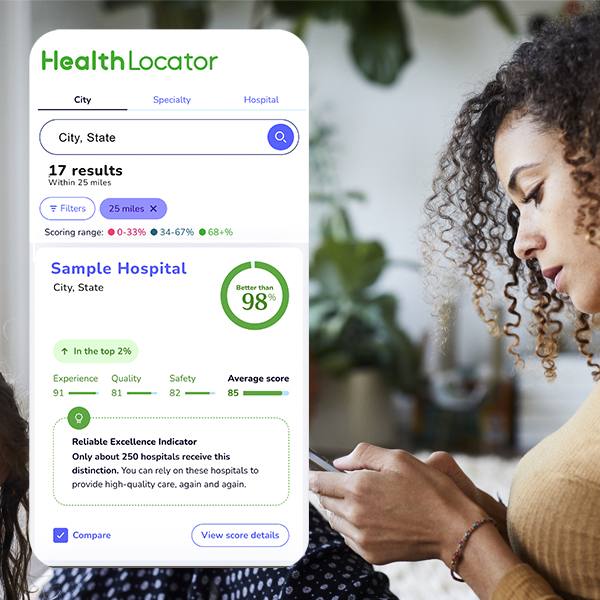-
Mayo Clinic Q and A: Adding plant-based foods to your diet

DEAR MAYO CLINIC: I am interested in limiting my intake of meat, but admittedly, I love burgers. Are there any really good plant-based options?
ANSWER: Plant-based burgers have soared in popularity over the past couple of years. And these meat alternatives can be healthier for you depending upon the ingredients.
While eating meat can be part of a healthy diet, introducing more plant-based foods in your diet definitely has health advantages.
The biggest benefit of plant-based burgers usually comes in the form of fiber and other nutrients. Fiber can come in many forms and commonly is classified as soluble and insoluble. Both are beneficial, and most vegetables, whole grains, nuts and legumes have some of each. Look for burgers that have peas, beets, mushrooms, whole grains, soy, lentils or beans as main ingredients.
A plant-based diet in general has more phytonutrients — plant compounds that are thought to be both preventative and protective in our long-term health. Some phytonutrients act as antioxidants. Often times, the phytonutrients are identified by the different colors — red, orange, purple, green or tan. This is why you hear the phrase “eat the rainbow.”
The challenge with any plant-based meal, however, is that the flavors and textures are different. So this presents an issue as far as what’s added to the ingredients to mimic the taste and texture of meat.
Some plant-based burgers are going to have added fat, and oftentimes, the added fat is a saturated fat. Commonly added fats are coconut oil or palm oil. Like with natural meat burgers, saturated fats can be concerning.
Saturated fat has been shown to raise LDL or “bad” cholesterol, and the concern is that it may increase heart disease risk.
Salt is another common offender. Added salt is both a flavor enhancer and preservative in pre-packaged or restaurant plant-based burgers. Too much salt, or sodium, can raise blood pressure.
Keep in mind that the bun you select and condiments also will have sodium, so the tally for the meal can add up quickly. Together, the added saturated fat and sodium may impact the overall nutritional quality of plant-based burgers. Compare products and choose wisely.
Alternatively, you might consider making your own plant burger at home. You can easily incorporate spices or other seasonings instead of salt and added fat.
Overall, it’s a great goal to eat more plant-based foods like vegetables, nut, beans, lentils and whole grains to get more variety into your diet.
If you have been limited in the past with plant-based food, I would recommend slowly working new and different fruits, vegetables, legumes and nuts into your diet. You also can aim to eat smaller portions of meat.
Some simple ways to update your menu may include adding colorful vegetables into tomato-based sauces for pasta dishes or soup. For the latter, you also can add in beans, barley or another grain. You can add finely chopped mushrooms and onions to add texture and flavor to ground beef for tacos or casseroles. And finely chopping or pulsing nuts or seeds can boost pancakes and other baked goods.
Don’t be afraid to experiment and modify recipes. You might find you like the new flavors and textures, as well as how you feel, since the additional fiber and nutrients will keep your body moving as it should. — Katherine Zeratsky, R.D.N., Endocrinology/Nutrition, Mayo Clinic, Rochester, Minnesota







